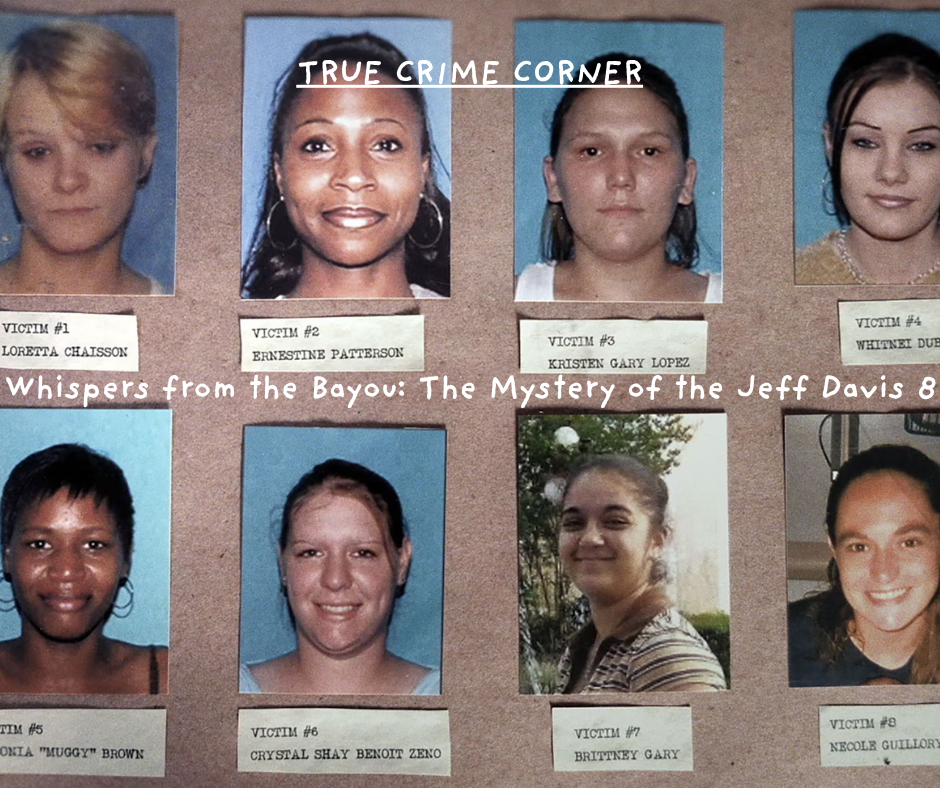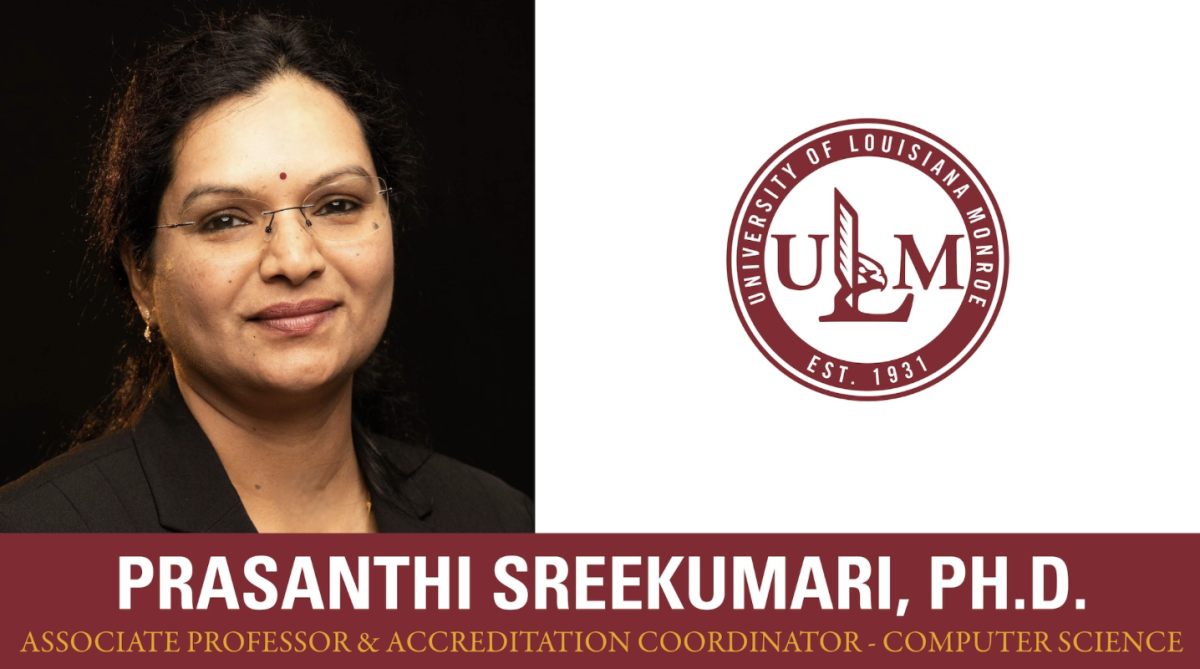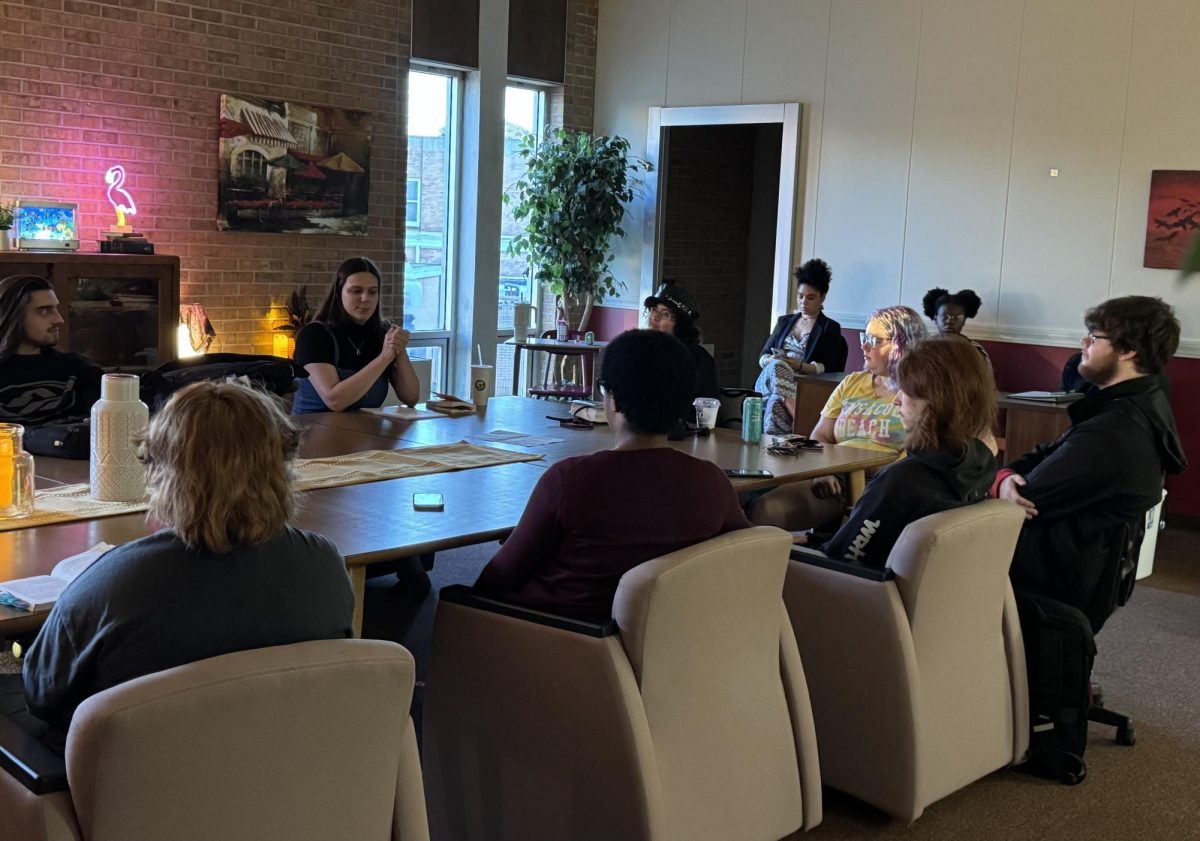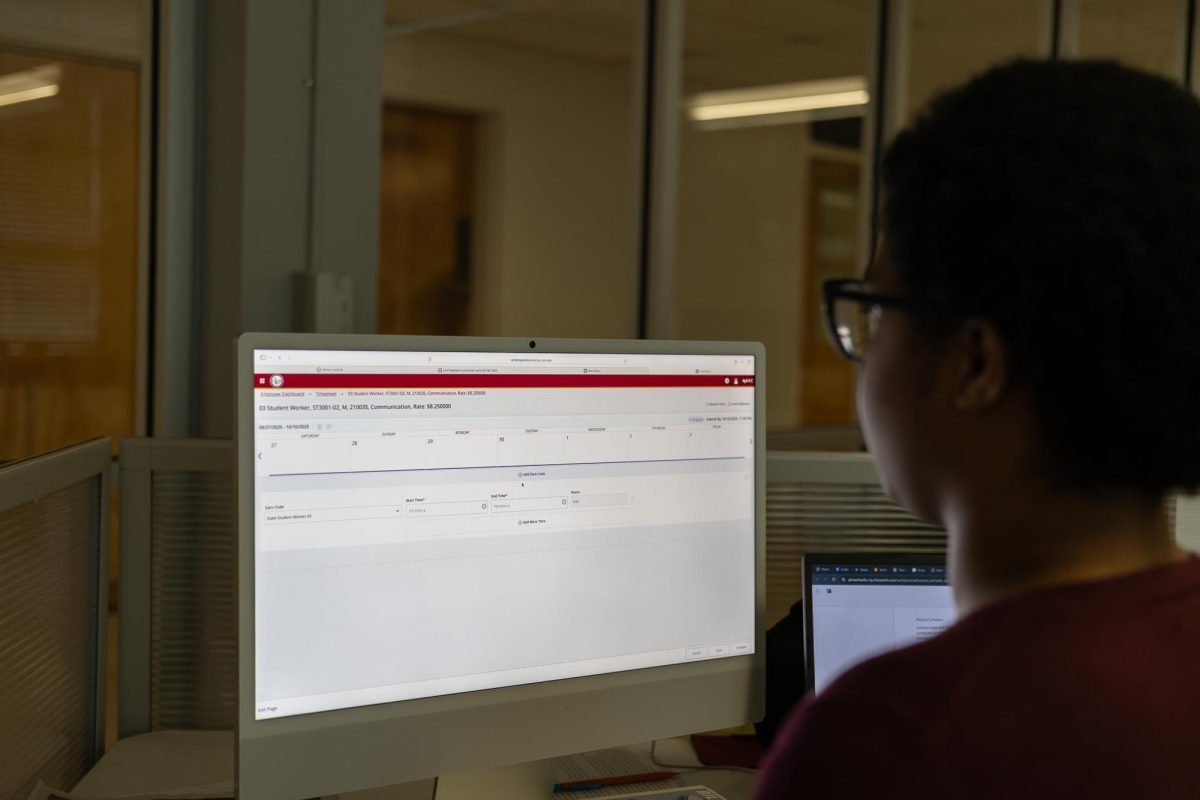Even though April 15 was the last meeting SGA meeting of the semester, Adviser Laura Knotts reminded senators that SGA was not over. With a possible signage project in the future and changes to the election code, senators will be active until the semester ends.
Erin Foster, research and judicial affairs department head, proposed changes to the election code.
Two separate letters dealing with the limit of election expenditures were the first proposed changes.
“This has to do with campaign materials. It’s just excessive for the level of political activities on this campus,” Foster said.
Currently, cost can’t exceed $300, but candidates can receive donations up to $300, which allows a total budget of $600.
“I don’t think the amount of money is the issue, it should be consolidated into one limit. It would be easier to abide by if it were one sum,” President Jana Robinson said.
Senators agreed to consolidate the two letters, totaling the limit of spending and donations at $600.
“There are situations that have been blurry before, so we need to decide on a definite way to define cost. Ash [Aulds] had a great idea to just say retail value, what it would cost other people,” Knotts said.
Other changes to the election code will include designated agents, which will be named on applications and are required to follow the election code as well. The use of official university organization email lists for campaigning was a campaigning violation, unless the candidate or a supporter was a member of the organization.
“I don’t feel like you should be able to email out to your organization at all. If you want their support you will show up to meetings and get involved,” Treasurer Adrian Lejeune said.
Senators agreed to forbid usage of email campaigning entirely. The section dealing with disqualification of winners and how they are replaced has been reworded and reworked to adopt the runner-up as the winner.
“As it stands it says that we will have to hold another run-off of all the candidates. That’s ridiculous and should be shortened to just the runner-up named as the winner,” Foster said.
Senators supported the change.
“It isn’t really just saying a run-off between the other candidates. It’s talking about extending the entire election process, the filing period and so on,” Knotts said.
Other changes will be made, mainly concerning outdated portions of the code such as how to deal with paper ballots.
Remaining RSO scholarships will roll-over into the general budget of the SGA, which will be used in a campus signage project. The project will work to provide landmarks and visible signs to help guide visitors around the campus.
Proposed signs will include options for academic buildings, directional signs, and residence hall signs, and large maps of campus with a kiosk like feature on the back. Kiosks will include a Plexiglas back to open up and house fliers for campaigns and other campus activities.
“I like the Plexiglas design, but it’s really expensive so we’re looking into designing some of our own,” Knotts said.
It may cost a total of $153,200. SGA will request to use some of the leftover referendum money. If the majority of the project is covered the administration will cover the rest.
The project should begin before the end of the semester.





